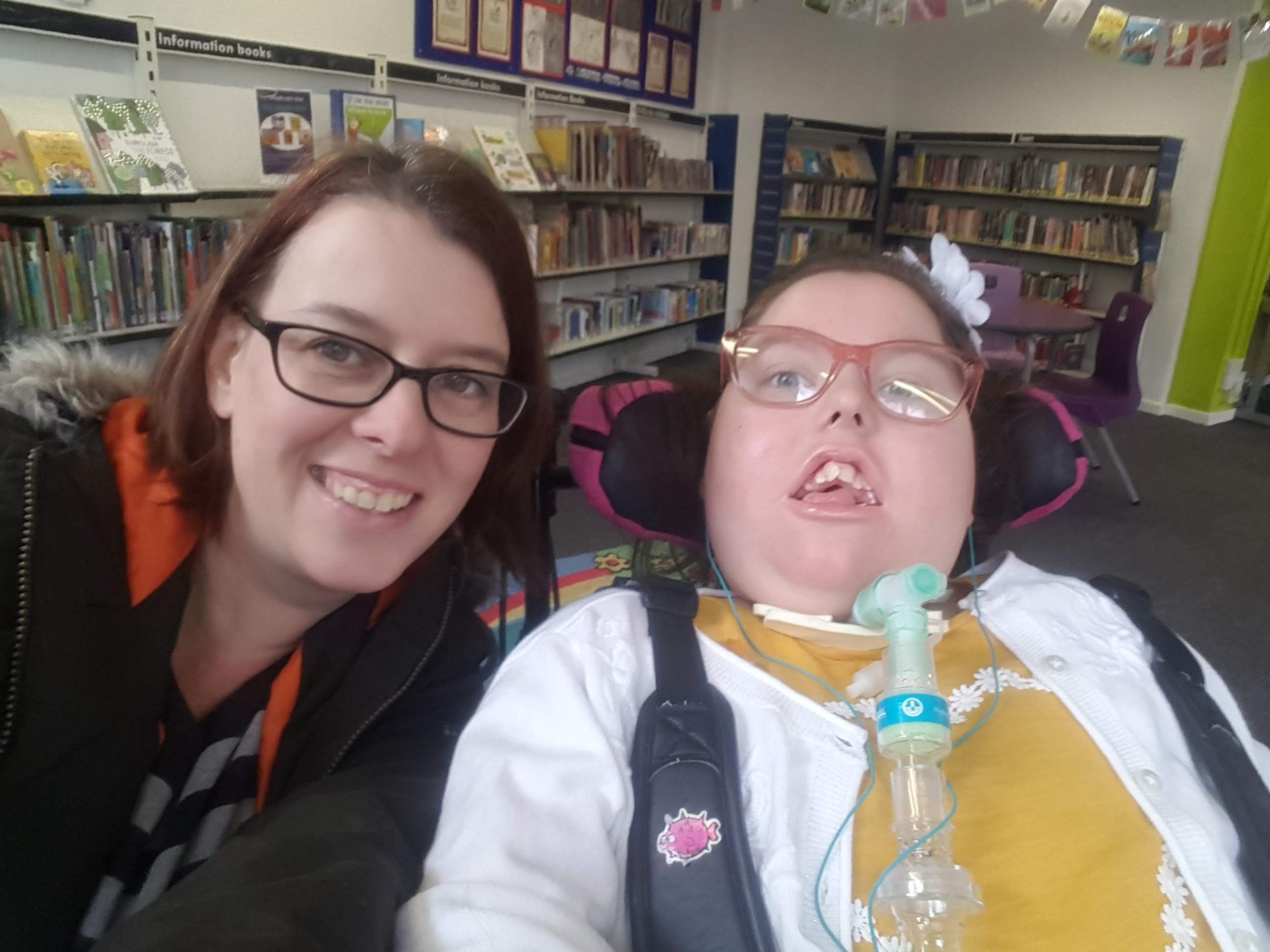We champion clinical governance and our team, overseen by experienced Clinical Nurse Managers, are always striving to improve the quality of care we provide to children and young people in their homes. So you can rest assured knowing the care we deliver is industry-leading and of the highest standards.
Watch our video to learn more about clinical governance!
Clinical governance pillars
Our Children’s Complex Care team adheres to the six clinical governance pillars in processes which includes:
1. Clinical effectiveness
We constantly monitor and review clinical processes using the quality reflective cycle to improve our quality of care. We strive to be responsive to the needs of the children and young people we support through regular care plan updates, attendance of MDT meetings and package review meetings.
2. Openness and candour
Managing clinical incidents and complaints, reporting directly to Clinical Commissioning Groups (CCGs), Local Authorities and governing bodies.
3. Clinical audits
Regular audits and reports in key areas for reassurance care is of a high quality and to ensure you receive the service you expect. So, are we meeting the needs of the child and the family? Are we effective in covering the rota? Do we successfully manage incidents? Are care plans succinct and up to date?
4. Risk Management
Robust assessment and management of clinical and environmental risks and ensuring all incidents are managed effectively to enable safe care provision and lessons learnt are shared appropriately.
5. Education and training
Providing healthcare assistants with quality, child specific training from dedicated and experienced Clinical Nurse Educators. We complete supervised shifts and competency assessments before staff are signed off to deliver care.
6. Research and development
Updating procedures and training based on best practice and feedback from families and professionals we work with.

Learn more
Read the blog by our Clinical Services Lead, Yvonne Mujeri, which explains what clinical governance is in more detail, why it plays an important role in quality care and what the future of pillars might hold.

 More success stories
More success stories 







